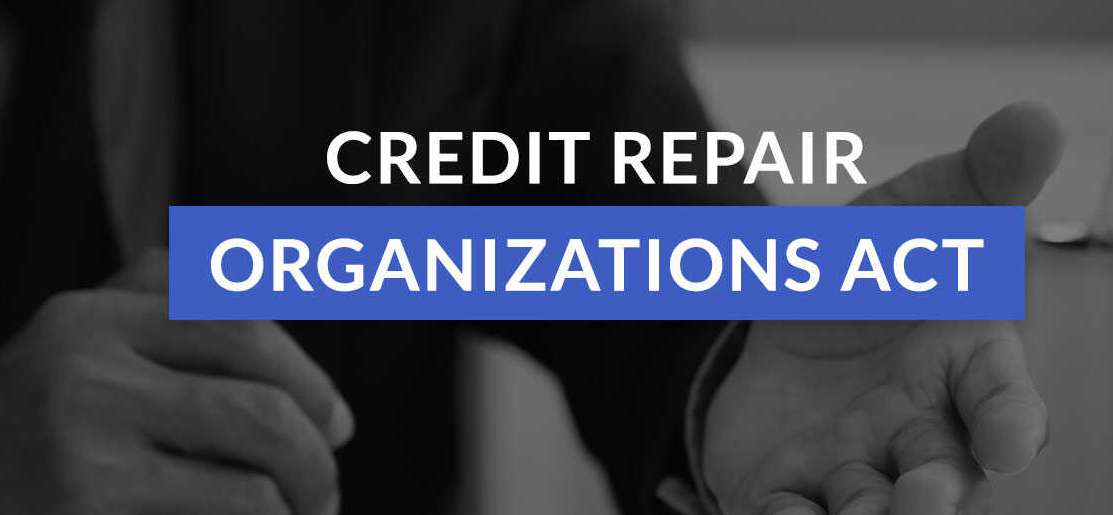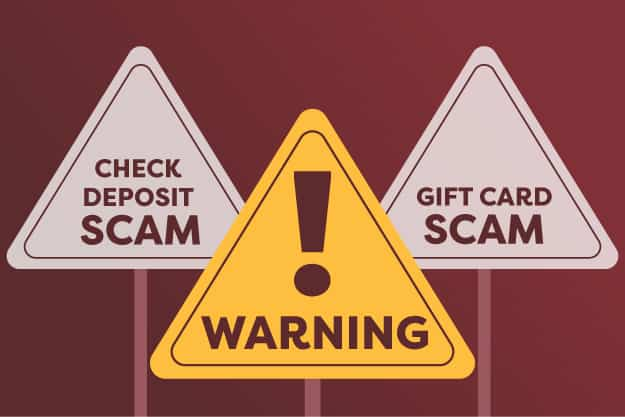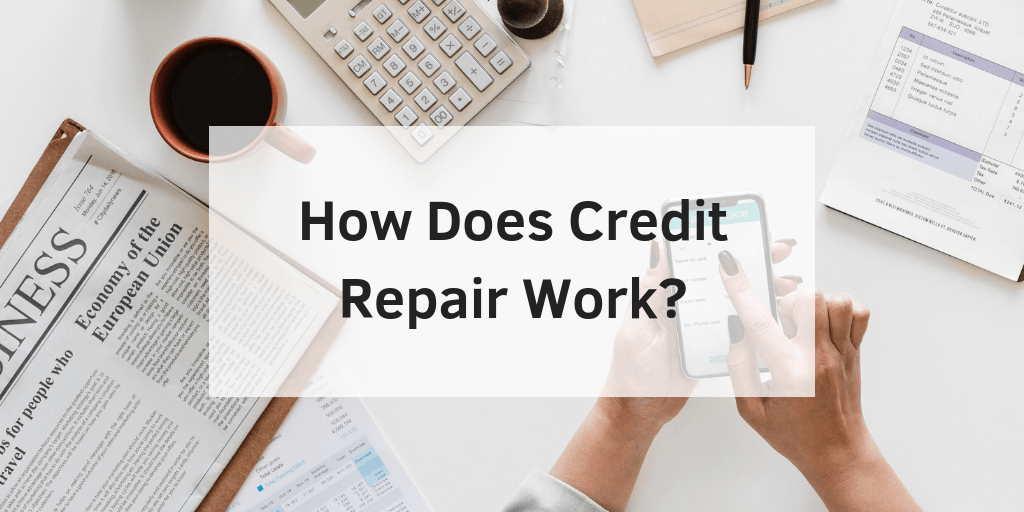In today’s financial landscape, understanding how credit repair works is more crucial than ever. With the increasing importance of good credit for everything from securing a loan to finding housing, the need to maintain or improve one’s credit score has become a central aspect of personal finance management.

Credit repair is a vital process for anyone looking to enhance their financial well-being, rectify their credit reports, and improve their chances of being approved for credit-related products. This guide aims to demystify the credit repair process, shedding light on its importance and how it can be a beacon of hope for those struggling with poor credit scores.
Understanding How Credit Repair Works
What is Credit Repair?
Credit repair is the process of identifying inaccuracies and disputing negative information on your credit reports that can unfairly impact your credit score. It involves communicating with credit bureaus and creditors to challenge outdated, incorrect, or fraudulent information on your credit history.
The goal is to ensure that your credit report accurately reflects your financial behavior and borrowing history, potentially leading to an improvement in your credit score. By addressing these issues, individuals can work towards securing a healthier financial future, benefiting from lower interest rates and better terms on loans and credit.
How Credit Repair Services Can Help?
Credit repair companies specialize in assisting individuals in improving their credit scores through the removal of inaccurate or disputable information from their credit reports. These organizations possess in-depth knowledge of credit laws and leverage this expertise to negotiate with credit bureaus and creditors on behalf of their clients.

By engaging a credit repair service, individuals can benefit from professional experience and save time and effort, as these companies conduct the meticulous and often complex process of disputing and resolving credit report inaccuracies.
The Credit Repair Process: Step by Step
The credit repair process typically begins with obtaining a copy of your credit report from the three major credit bureaus: Experian, TransUnion, and Equifax. Once you have your reports, the next step involves thoroughly reviewing them for any errors or outdated information.

If inaccuracies are found, you or your chosen credit repair company will submit dispute letters to the credit bureaus, providing evidence to support the claims of incorrect information. The bureaus then investigate these disputes, which can take up to 30 days.
If your dispute is successful, the incorrect information will be corrected or removed, potentially improving your credit score. This process may be iterative, requiring multiple rounds of disputes to address all inaccuracies.
The Role of Credit Bureaus in Your Credit Score
Credit bureaus play a pivotal role in determining your credit score, which is a numerical representation of your creditworthiness. These bureaus—Experian, TransUnion, and Equifax—collect and maintain data on your borrowing and repayment activities, compiling this information into credit reports. Lenders, landlords, and other entities then use these reports to assess how risky it might be to extend credit or enter into agreements with you.
The credit score itself is calculated using a model that takes into account factors such as your payment history, credit utilization ratio, length of credit history, types of credit in use, and recent credit inquiries. Since each bureau may have different information about you, your credit score can vary between them. This underscores the importance of ensuring that all the information on your credit reports is accurate and up to date.
Selecting the Right Credit Repair Company
Evaluating Credit Repair Companies
When selecting a credit repair company, it’s crucial to conduct thorough research to ensure you’re choosing a reputable firm. Start by verifying that the company adheres to the Credit Repair Organizations Act (CROA), which mandates that they must be upfront about what they can achieve and cannot charge fees before services are performed.
Look for companies with positive reviews, a strong track record, and transparency in their practices. It’s also important to ask about their dispute process, their success rate in removing inaccurate information, and whether they provide personalized advice to help maintain and improve your credit score over time. Avoid any company that guarantees specific results or asks for payment upfront, as these are red flags.
Understanding the Fees and Costs Involved
Credit repair companies typically offer different pricing models, including monthly subscriptions, flat fees for a specific service period, or pay-per-deletion schemes. Monthly subscriptions can range from $50 to $150, providing ongoing credit monitoring and dispute management. Flat fees might seem higher initially but cover a set number of disputes or a fixed service period, offering a clear end to costs.
Pay-per-deletion arrangements charge you for each successfully removed item from your credit report, which can be cost-effective for those with only a few discrepancies but potentially expensive for more complex cases. Always ensure you understand what services are included in these fees and any additional costs that may arise, such as for pulling your credit report or for more advanced consultation services.
Legalities and Regulations: Staying Informed
Credit Repair Organizations Act (CROA)
The Credit Repair Organizations Act (CROA) is a significant piece of legislation designed to protect consumers from deceptive and unfair practices in the credit repair industry. It ensures that credit repair companies are transparent about their services, prohibiting them from making false claims or charging upfront fees before any work is done.

Key consumer protections under CROA include the requirement for a written contract between the credit repair company and the client, detailing the services to be performed, the total cost, and the timeframe for results. Additionally, it grants consumers a three-day right to cancel the agreement without any charge, enhancing consumer rights and ensuring fairness in credit repair transactions.
Federal Trade Commission (FTC) Guidelines
The Federal Trade Commission (FTC) plays a crucial role in overseeing credit repair companies and enforcing the Credit Repair Organizations Act (CROA). The FTC issues guidelines that credit repair organizations must follow, such as ensuring advertising is truthful and not misleading, and providing consumers with a notice of their credit repair rights under state and federal law.
The FTC also actively pursues companies that violate consumer rights or engage in fraudulent activities, offering resources for consumers to report dishonest practices. Understanding FTC guidelines helps consumers identify reputable credit repair services and protects them from potential scams.
DIY Credit Repair: What You Need to Know
Analyzing Your Credit Report
The first step in DIY credit repair is obtaining your credit reports from the three major credit bureaus: Experian, TransUnion, and Equifax. You’re entitled to a free report from each bureau every 12 months through AnnualCreditReport.com. Once you have your reports, carefully review them for errors or outdated information.
Look for discrepancies such as accounts that aren’t yours, incorrect payment statuses, or inaccurate credit limits. Understanding each element of your credit report is crucial, as this information directly impacts your credit score.
Disputing Errors Effectively
Successfully disputing errors on your credit report involves several key steps. First, gather any evidence that supports your claim of an inaccuracy, such as payment records or account statements. Then, write a concise dispute letter to the credit bureau, clearly identifying each error you’re disputing and why, including the evidence you’ve collected.
Send your letter by certified mail for a record of its delivery. The credit bureau is required to investigate your dispute within 30 days and report back to you. If your dispute is valid, the incorrect information will be removed or corrected, potentially improving your credit score. Remember, patience and meticulousness are your allies in disputing credit report errors effectively.
The Impact of Credit Repair on Your Financial Health
Improving your credit score through credit repair can have a profound impact on your financial health, opening doors to numerous opportunities. A higher credit score enhances your eligibility for loans, credit cards, and mortgages, often with more favorable interest rates and terms. This can translate into significant savings over time, reducing the cost of borrowing.
Additionally, a good credit score can influence insurance premiums, rental applications, and even employment opportunities, as some employers consider credit history in their hiring decisions. By investing in credit repair, whether through DIY methods or with the help of a reputable company, you’re not just correcting inaccuracies on your report; you’re potentially improving your financial wellbeing, securing a more stable and prosperous future.
Avoiding Common Credit Repair Scams
Warning Signs of a Scam
When seeking credit repair services, be vigilant of common red flags that indicate a scam. Beware of companies that promise instant improvements to your credit score, demand payment before performing any services, or suggest creating a new credit identity by applying for an Employer Identification Number to use instead of your Social Security number.

Such practices are illegal and can lead to more trouble. Also, be cautious of companies that fail to explain your legal rights or offer too-good-to-be-true guarantees. Legitimate credit repair takes time and requires a thorough process, so immediate results should be viewed with skepticism.
Protecting Yourself from Fraud
To protect yourself from credit repair fraud, always research the company thoroughly before engaging their services. Check for reviews, complaints, and their status with the Better Business Bureau. Legitimate credit repair companies will be transparent about their methods, comply with the Credit Repair Organizations Act (CROA), and offer a written contract detailing the services to be provided.
Always insist on receiving a copy of the “Consumer Credit File Rights Under State and Federal Law” before signing any agreement. Educating yourself about your rights and the credit repair process is the best defense against scams, ensuring you can navigate the path to improved credit with confidence and security.
Alternatives to Traditional Credit Repair
Credit Counseling and Debt Consolidation
For individuals seeking to manage and improve their credit without traditional credit repair, credit counseling and debt consolidation offer viable alternatives. Credit counseling agencies provide guidance on managing your finances and debts, helping you develop a personalized plan to address financial challenges.
This may include budgeting advice or a debt management plan (DMP), which consolidates your monthly debt payments into one manageable sum, potentially lowering interest rates and helping pay down debt faster. Engaging with reputable credit counseling can pave the way to a healthier financial future, improving your credit over time through consistent, responsible management of debts.
Building New Credit Wisely
Establishing a positive credit history is crucial for those with limited or damaged credit. Start by applying for a secured credit card, which requires a deposit acting as your credit limit. Use this card sparingly and pay off the balance in full each month to demonstrate responsible credit usage. Becoming an authorized user on a family member’s credit card can also help, as their credit activity contributes to your credit history.
Additionally, consider a credit-builder loan, which holds the borrowed amount in a bank account until the loan is repaid. These strategies, when employed wisely, can gradually build up your credit score, enhancing your financial resilience.
Conclusion
Understanding how credit repair works is essential for anyone looking to improve their financial standing and access better credit opportunities. Whether you choose to navigate the credit repair process on your own or with the help of professional services, taking informed and deliberate steps towards correcting inaccuracies on your credit report can lead to substantial benefits.
Fix your credit by embracing a patient, disciplined, and proactive approach on this journey. Remember, the path to a better credit score unfolds over time. Start today, and pave the way to a brighter financial future.
Frequently Asked Questions
Can credit repair companies guarantee to fix my credit?
Legitimate credit repair companies cannot guarantee specific outcomes, as credit repair depends on many factors, including the accuracy of the credit report disputes.
How long does credit repair take?
The credit repair process can vary in length, typically taking a few months to a year, depending on the number and complexity of discrepancies on your credit reports.
Is it possible to repair my credit on my own?
Yes, individuals can undertake credit repair efforts themselves by disputing inaccuracies on their credit reports directly with the credit bureaus.
What are the signs of a credit repair scam?
Promises of instant credit fixes, demands for upfront payment, and suggestions to create a new credit identity are key warning signs.
